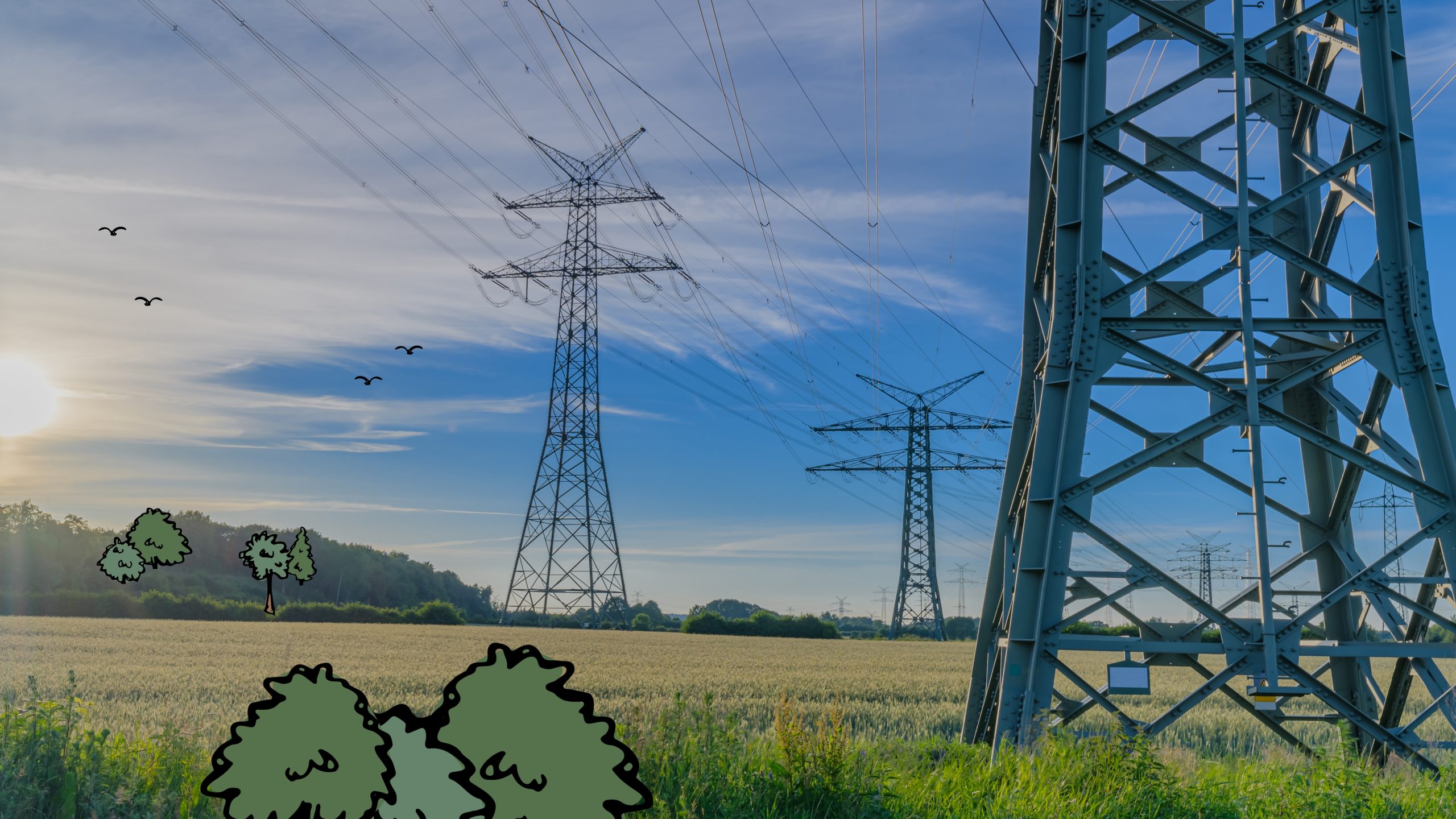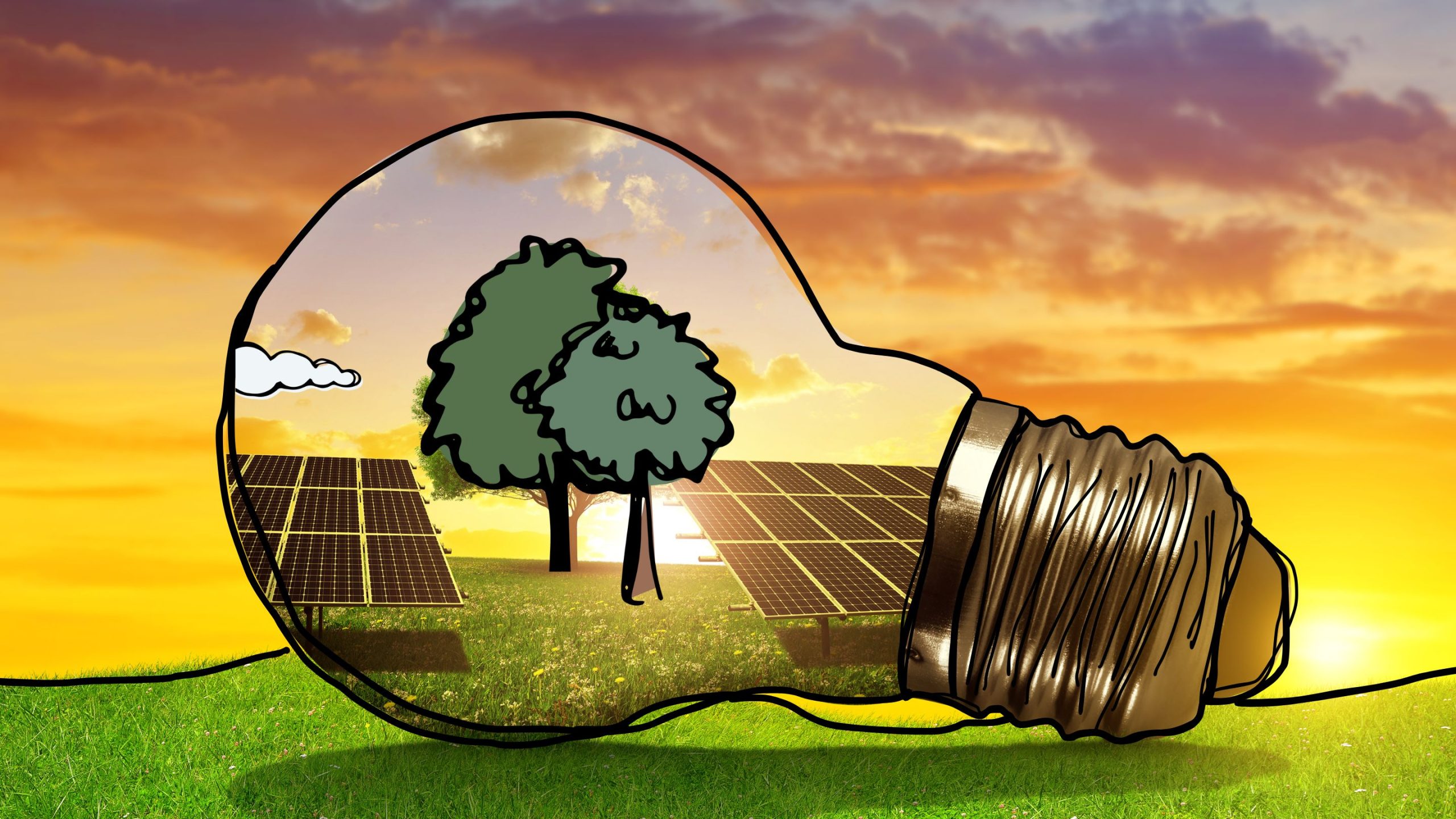Why energy security is now a business-critical issue
Some resources are so fundamental that without them, business comes to a standstill. Labour, capital, raw materials, and information are the obvious ones. Among those raw materials is electricity.
For decades, energy sat in the background—seen as dependable, low-risk, and almost invisible. It was treated like stationery or cleaning products: a routine cost, assumed to be unlimited and unproblematic. That mindset is shifting fast.
Because when the power cuts out, everything stops. The recent blackout at Heathrow and failures across Spain’s national grid made that reality impossible to ignore. Energy isn’t just another input—it’s the lifeblood of modern business. And when it fails, the consequences are immediate: no electricity means no business.
The hidden risk in your operations
Most business continuity plans mention electricity—but usually as a box to tick: a backup generator, maybe an untested system buried in the appendix. What’s often missing is a clear understanding of how and when you actually use electricity. Without that visibility, even minor interruptions can lead to significant disruptions.
And this isn’t just about sudden outages. Rising demand, pressure on grids, and uncertainty around renewables all contribute to a more fragile energy landscape. If electricity is a key input to your operations, as fundamental as money or people, it deserves the same strategic attention.
Energy visibility is risk resilience
You can’t control the grid, but you can control your demand. And that starts with insight. Understanding where energy is used, when it peaks, and where it’s wasted isn’t just about hitting sustainability targets—it’s about keeping your business running.
Reducing unnecessary demand strengthens resilience. It means your operations are less vulnerable to price spikes, infrastructure strain, or supply limitations. It might even mean your critical systems can run on a smaller generator if needed. If your business plans to grow, optimisation of current use means that growth is not restricted by an electrical grid connection, for example, and can be achieved with lower costs.
The businesses that do best in the face of energy volatility are those that don’t leave it to chance. They build clarity around demand, optimise what they control, and act before disruption hits.
Energy security isn’t just about supply. It’s about knowing how your business uses energy—and what happens when it’s no longer there.



